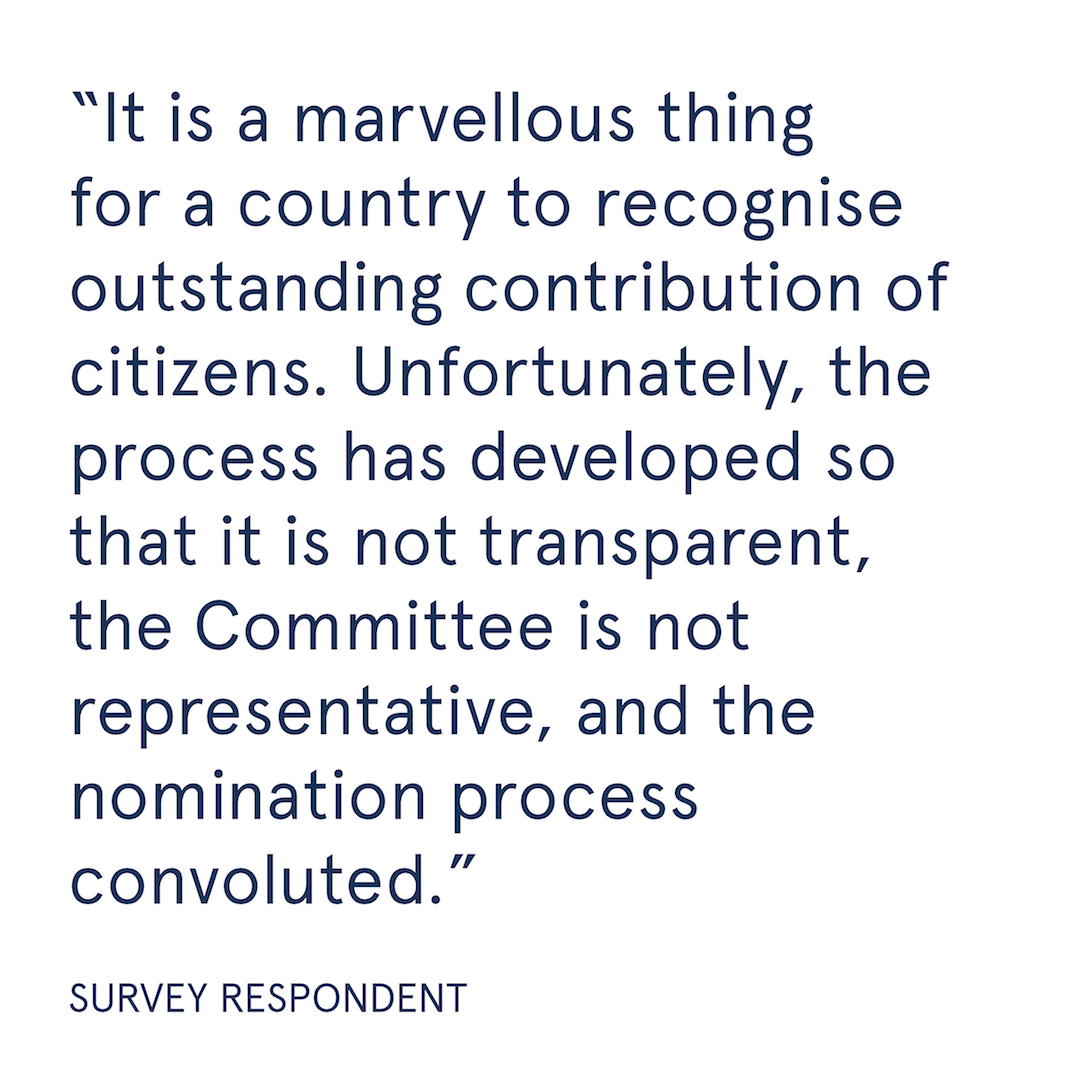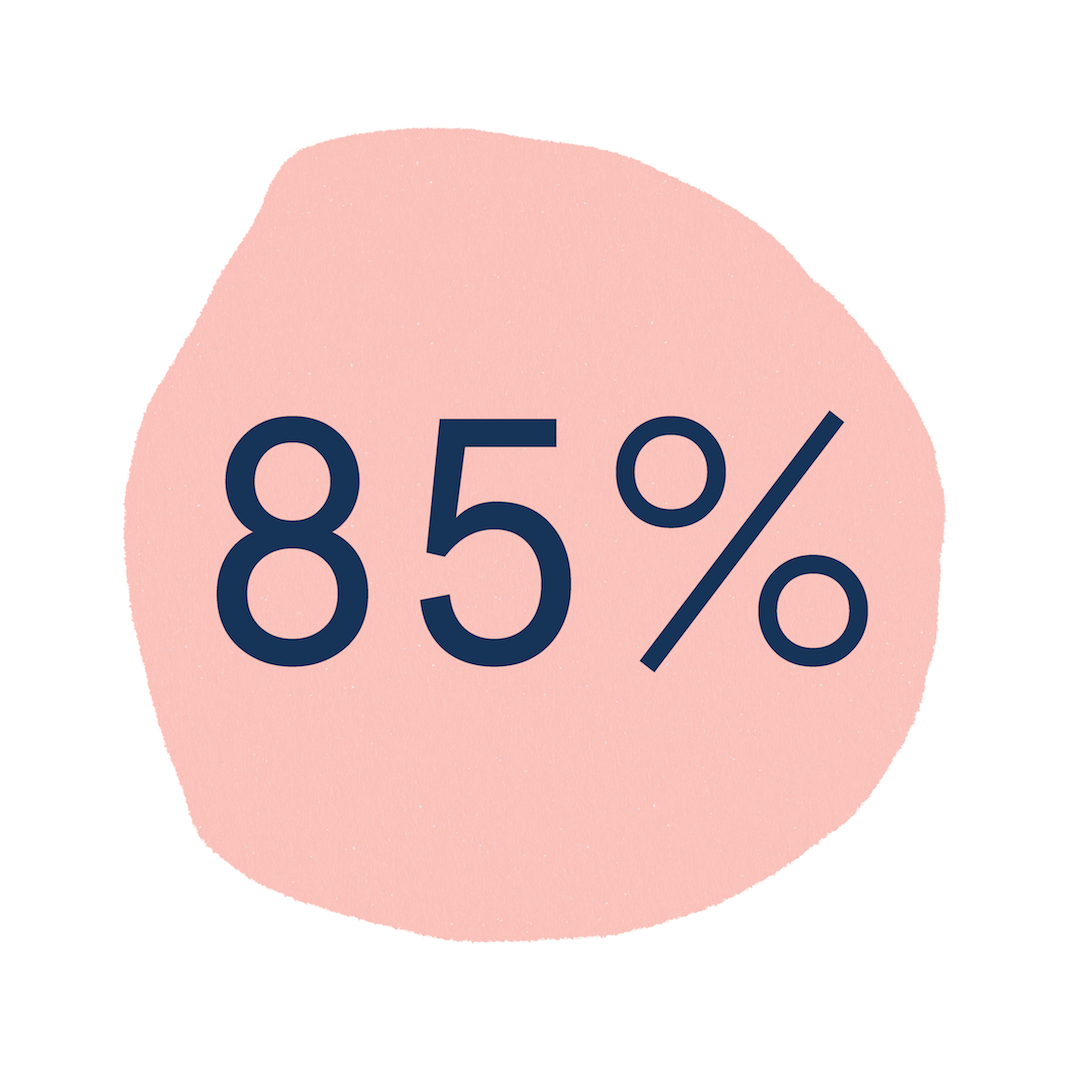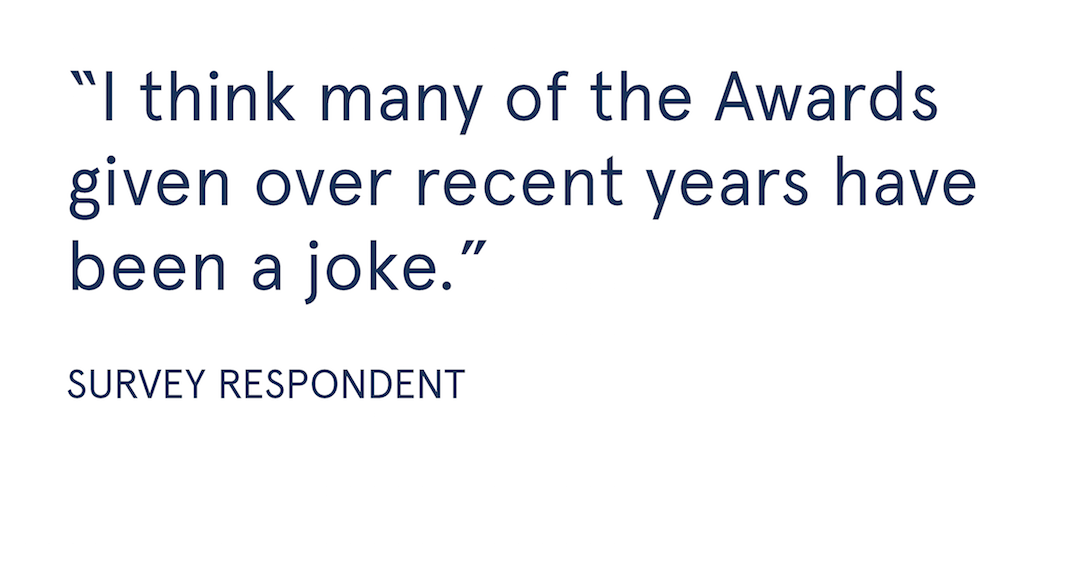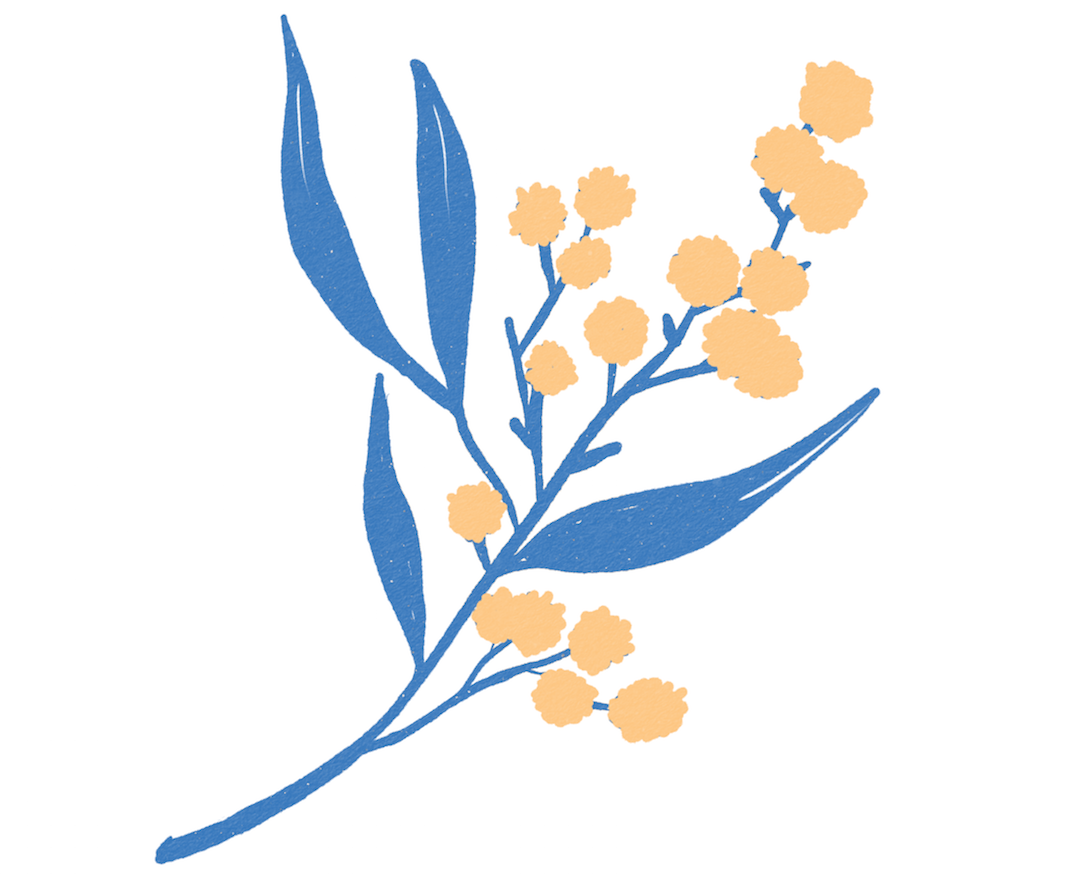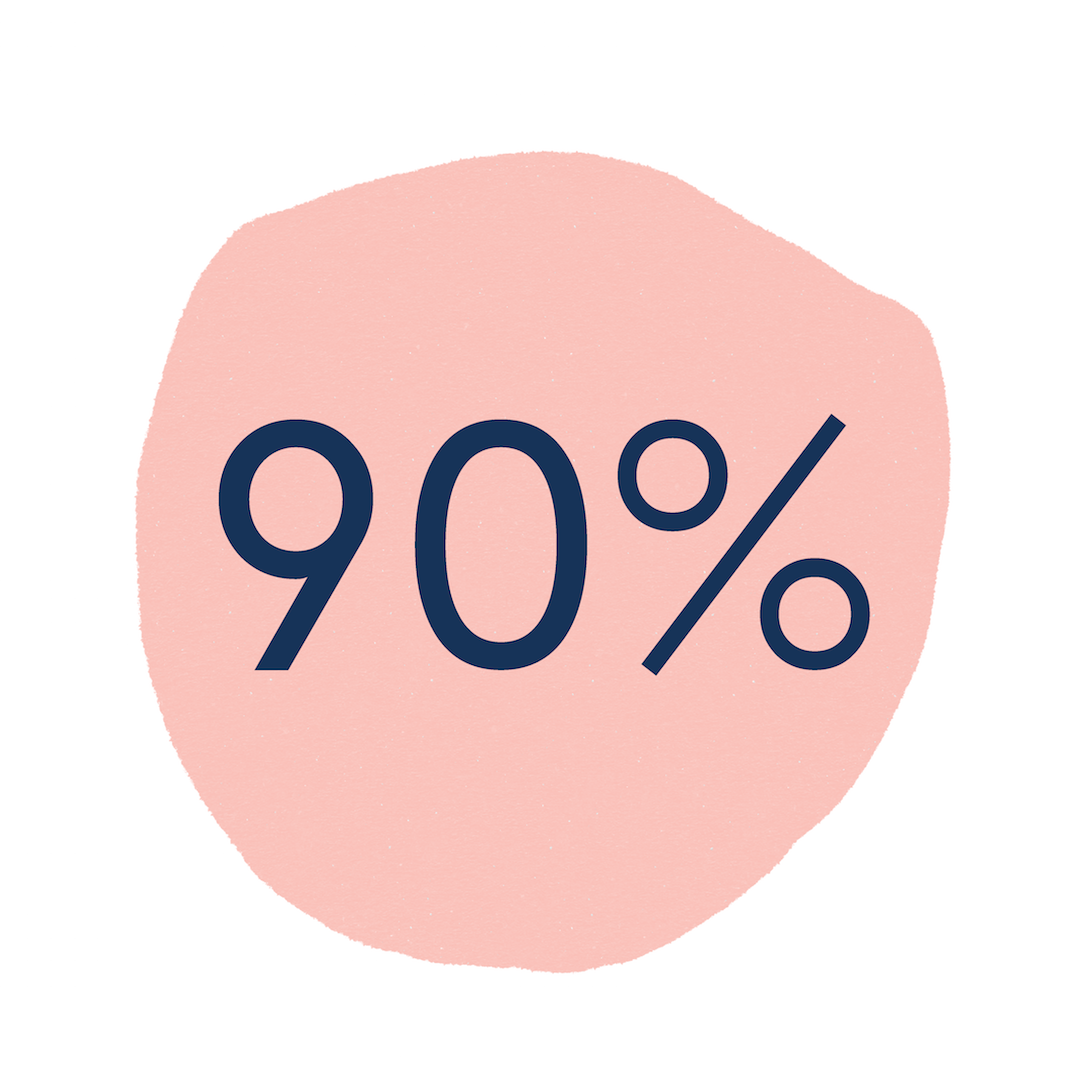
Is the Australian Honours system fair and representative? We set out to answer this question in a survey we ran from 16th July to 31st August and received over 500 responses.
It is clear from the results of our survey that although respondents saw potential merit within the Awards system and the positive feedback loop and inspiration that could be created by such a system, the current system is perceived as riddled with bias, elitism and partisanship making it out of step with the broader Australian community expectations.
